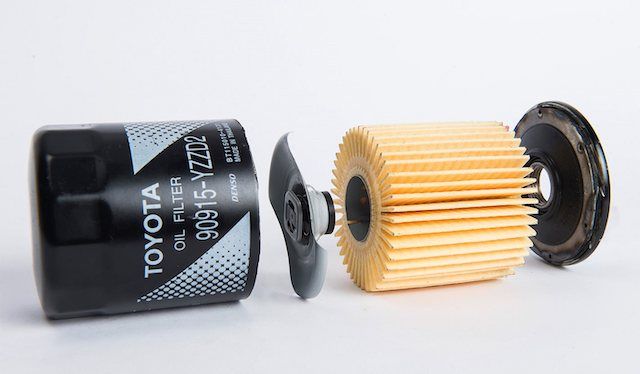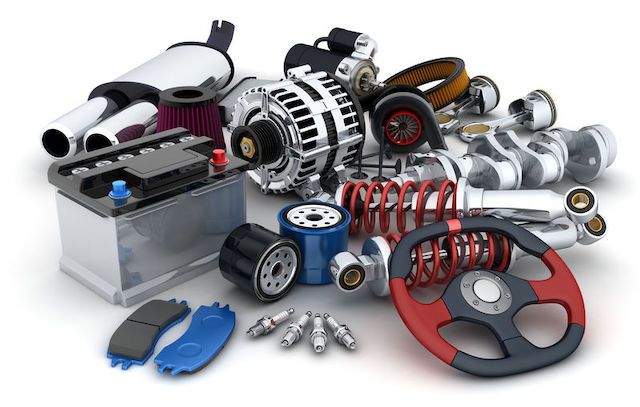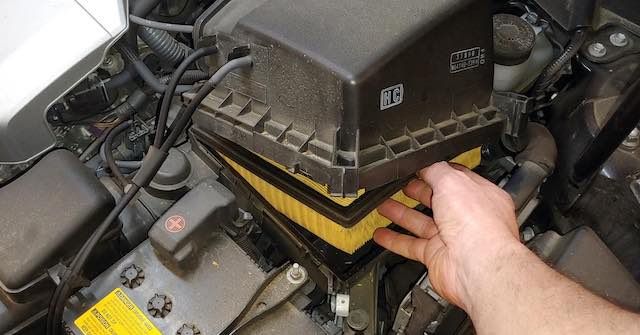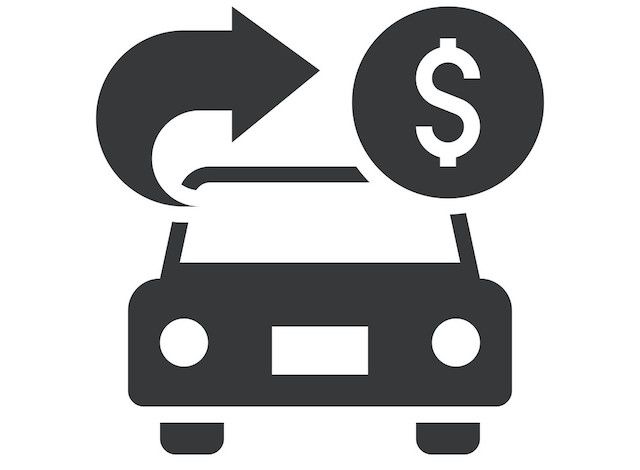Are OEM Parts Better Than Aftermarket Parts?
When it’s time to replace a part on your car, you have two options:
- Get an OEM replacement part
- Get an aftermarket replacement part
You would be much better off with an OEM replacement part. Here’s why:
1. OEM Manufacturers Build Their Parts With High Quality Materials

OEM manufacturers have higher standards than many aftermarket manufacturers. They care about the quality of their vehicles, including the parts. That's why OEM manufacturers make a point to build their parts with quality materials. Consider that automotive OEM's compete over quality. Every year, several different firms rank OEMs solely based on their quality, and the higher ranking OEMs will sell cars more easily because of their quality. And, of course, the quality of the vehicle is determined by the quality of the parts that go into it. So OEM's are very concerned with the quality of the parts that they are using. Do aftermarket parts manufacturers compete over quality? Not really.
If you use a part with quality materials, the part will last longer and perform better. You want to use moving engine parts that are made with the highest quality materials. When it comes to other parts like wheels, material quality is still quite important.
Many aftermarket manufacturers cut corners by using low quality materials. That's why many aftermarket parts don't last as long as OEM ones.
2. OEM Parts Are Built To OE Specs

When it comes to car parts, fitment is everything. Your vehicle has many different parts that work together. If one of your parts doesn’t fit right, you’ll run into a variety of issues. You don't ever have to worry about fitment issues with OEM parts.
Automakers design (and sometimes build) their own OEM parts. There's no company that knows an automaker's own cars and parts than the automaker does. All their parts are built with exact dimensions. That means OEM parts made for your vehicle will always fit right. As a result, OEM parts always provide reliable performance.
A good example for this would be windshield wipers. OEM manufacturers design their windshield wipers to adhere to the windshield of the designated model(s). As a result, OEM wiper blades work great. If installed correctly, they will provide a clear wipe across the windshield.
Many aftermarket windshield wipers leave streaks across the windshield. It's because many aftermarket wipers are built with universal fitment. Aftermarket manufacturers rarely follow OE specs. So it's likely that a set of aftermarket wipers won't adhere that well to your windshield.
3. OEM Parts Are Application-Specific Parts

You want car parts that are designed and built for your make and model. This ensures optimal performance and reliability. OEM manufacturers know exactly how each part in their vehicles works. They spent a lot of time and resources developing application-specific parts that work with other parts.
Every single genuine OEM part you get is a tried-and-true part that's designed for your vehicle. You won't have to worry about any fitment, performance, or compatibility issues.
Many aftermarket manufacturers don't follow OE specs while designing their parts. Some aftermarket parts are even universal. When an aftermarket manufacturer designs parts to its own discretion or offers universal parts, it can be problematic. If you use one of those parts, you'll likely run into issues with:
- Fitment
- Performance
- Compatibility
This is especially true when it comes to engine parts. If an aftermarket engine part fails, it can cause expensive repairs.
4. OEM Parts Last A Long Time

If you get an OEM replacement part for your vehicle, you'll have a good idea of how long it will last. For example, OEM spark plugs last about 100K miles. That way, you can start keeping an eye out for signs of failure when the part nears its expiration date.
With aftermarket parts, it's pretty impossible to predict how long they will last. Aftermarket parts often fail earlier than expected because of:
- Low quality materials
- Fitment issues
- Compatibility issues
If you want your replacement part to last as long as possible, always go the OEM route.
5. OEM Parts Are Cheaper In The Long Run

OEM parts can cost a little more than aftermarket parts upfront. But they're usually cheaper in the long run. It's simply because:
- OEM parts last longer
- OEM parts are compatible with related parts, so they won't damage other parts when they fail
- OEM parts perform better - for example, OEM spark plugs won't rob you of fuel economy like aftermarket spark plugs can
OEM parts don't always have to be expensive, though. As a reputable seller of genuine OEM parts, we offer wholesale pricing many other OEM parts sellers can't match. Do a search on your make and model and see how much money you can save on OEM replacement parts today!

